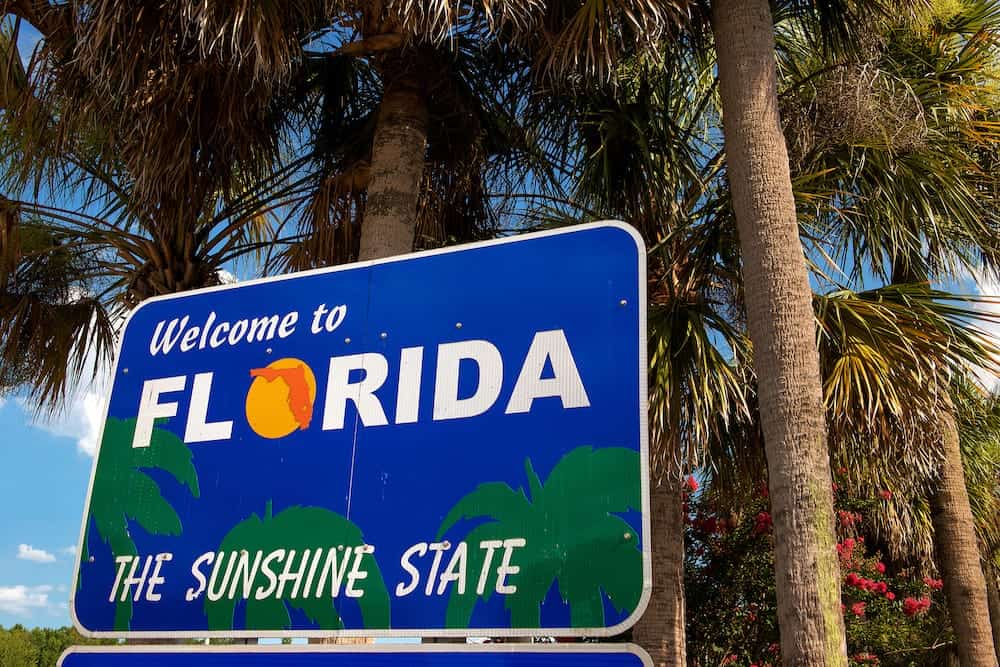Table of Contents
Navigating Nevada Timeshare Cancellation State Laws: What Owners Should Know
*Wesley Financial Group, LLC, and its affiliates, successors, or assigns are not lawyers or a law firm and do not engage in the practice of law or provide legal advice or legal representation. All information, software, services, and comments provided on this site are for informational and self-help purposes only and not intended to substitute for professional advice, legal or otherwise. Any information provided herein is subject to change at any time.

Navigating Nevada timeshare cancellation laws can feel as overwhelming as a stroll down the bustling Vegas Strip, but fear not. Nevada has established rules to safeguard consumers, and this piece aims to dissect and illuminate the intricacies of these laws.
This guide not only breaks down the complexities of these laws but also sheds light on the protective measures for consumers. By delving into the specifics of Nevada’s regulations, you will gain valuable insights and a sense of empowerment, equipping you to make informed decisions when navigating the intricacies of timeshare cancellation in the state.
FREE
Timeshare Exit Info Kit
Get your free Timeshare Exit Info Kit today to learn more about Wesley Financial Group and how we may be able to help you get out of your timeshare.
Timeshare Exit Info Kit
Get your free Timeshare Exit Info Kit today to learn more about Wesley Financial Group and how we have saved 50,000 families over $635 million in timeshare debt.
Nevada Timeshare Cancellation Law
Nevada has enacted legislation to protect consumers from unfair practices commonly associated with timeshare agreements. This legislation requires timeshare developers to give buyers certain rights regarding cancellation and rescission. One such law requires timeshare companies to provide buyers with a detailed disclosure statement outlining the property’s terms and conditions. This ensures buyers have ample time to review the terms and make informed decisions.
Moreover, the disclosure statement includes essential information such as the total cost of the property, any recurring maintenance fees or assessments, the duration of the timeshare, and any restrictions or limitations on usage. This comprehensive document protects buyers from hidden costs or unfavorable terms arising after the purchase.

Furthermore, Nevada timeshare laws require developers to provide buyers with clear instructions on exercising their right to rescind. These instructions must be included in the disclosure statement and should specify the cancellation deadline and the communication method (e.g., written notice, email, or fax).
In conclusion, Nevada’s laws aim to protect purchasers from unfair practices and provide them with the necessary information and rights to make informed decisions. By requiring developers to provide detailed disclosure statements and allowing a rescission period, Nevada ensures buyers can review the terms and cancel the agreement if needed.
Can I Cancel My Timeshare in Nevada?

Nevada timeshare cancellation law is designed to allow buyers to cancel their agreements under certain circumstances. However, it’s essential to understand that canceling a timeshare property is not always straightforward. When wondering how to get out of a timeshare, companies often make it challenging for buyers to cancel their purchase, sometimes employing deceptive tactics to keep them locked into their agreements. This is where the expertise of a cancellation company like Wesley Financial Group can make all the difference. The process is transparent and straightforward, always keeping the consumer in mind.
What is The Rescission Period in Nevada?
The timeshare rescission period is the crucial window during which you have the right to cancel your agreement without facing any financial penalties. It’s important to note that the length of the rescission period may vary depending on the circumstances of the purchase. For example, if the buyer attended a timeshare presentation, they may have a more extended rescission period than a buyer who purchased one online or over the phone.
Nevada has enacted legislation to protect consumers from unfair practices in the timeshare industry. The Nevada Revised Statutes (NRS) Chapter 119A provides guidelines and procedures for canceling agreements.
Under NRS Chapter 119A, timeshare buyers can cancel their timeshare agreements within a certain period after signing. This period, known as the rescission period, is 5 days in Nevada. During this time, buyers can review the agreement in detail and decide whether to proceed with the purchase or cancel it without any penalties. It is essential to carefully review your agreement to determine the exact rescission period applicable to your situation.

If you missed the rescission period or are facing difficulties exiting your timeshare, seeking professional assistance from a timeshare exit company can be beneficial. Companies like Wesley Financial Group specialize in helping individuals navigate the complexities of timeshare cancellations and provide guidance throughout the process.
In conclusion, while cancellation may not always be straightforward, it is possible under certain circumstances. Seeking assistance from a reputable timeshare cancellation company can significantly increase your chances of successfully canceling your agreement. Don’t let deceptive tactics or complex procedures discourage you from pursuing the cancellation you deserve.
What is the Average Cost to Cancel a Timeshare in Nevada?
Timeshare cancellation costs vary based on several factors, including the complexity of your situation and the specific terms of your agreement. While it’s challenging to pinpoint an exact figure without a comprehensive evaluation, it is important to weigh these potential expenses against the long-term financial benefits of freeing yourself from commitments.
Annual maintenance fees and accumulating costs associated with timeshares can become significant over time, making the decision to cancel a strategic move to regain control over your vacation plans and financial well-being. Consider the broader financial impact and freedom to break away from ongoing financial obligations tied to your property. Taking a proactive approach to cancel your property liberates you from financial burdens and opens up more flexible and cost-effective vacation planning opportunities.
Why is it So Hard To Cancel a Timeshare?

Many timeshare owners find themselves grappling with the difficulty of canceling their agreement. This can be attributed to several factors, including the complex legal language used in agreements and developers’ tactics to discourage cancellations.
Timeshare developers often make it challenging for owners to cancel by hiding important information or discouraging them from seeking legal assistance. This can leave owners feeling trapped and helpless. However, canceling a timeshare becomes a feasible and liberating option with the right knowledge and support.
How Timeshare Cancellation Works
Nevada’s timeshare cancellation is a process that involves reviewing your agreement, identifying potential fraudulent practices, and taking appropriate action to nullify the agreement. While it’s possible to navigate this process independently, seeking guidance from a reputable timeshare cancellation firm like Wesley Financial Group is highly recommended.
Wesley Financial Group has a team of experienced professionals specializing in timeshare cancellation. They will guide you through the cancellation process and work tirelessly to achieve the best possible outcome.
Hire Wesley Financial Group Today to Help You Cancel Your Timeshare in Nevada

Wesley Financial Group has a team of experienced professionals well-versed in timeshare cancellation in Nevada. They can review your agreement, assess your situation, and determine the best course of action to help you cancel your timeshare. With their stellar track record, you can have peace of mind knowing that you have a dedicated team working on your behalf to protect you as a consumer.
By working with Wesley Financial Group, you can ensure that your timeshare exit process is handled efficiently and effectively, giving you the peace of mind you deserve. Contact us today to explore your options and embark on a journey towards freedom.
References:
Nevada Legislature. (n.d.). NRS 119A.4775. Retrieved from https://www.leg.state.nv.us/nrs/nrs-119a.html#NRS119ASec4775
Nevada Legislature. (n.d.). NRS 119A. Retrieved from https://www.leg.state.nv.us/nrs/nrs-119a.html
NOLO. (n.d.). Nevada Timeshare Foreclosure and Right to Cancel Laws. Retrieved from https://www.nolo.com/legal-encyclopedia/nevada-timeshare-foreclosure-right-cancel-laws.html

Over 50,000 families helped!
Find out if you can cancel your timeshare. Schedule a FREE consultation with timeshare cancellation experts now.
Get Rid of Your Timeshare
Schedule a FREE Consultation with one of our timeshare cancellation experts who have saved families over $635 million.










